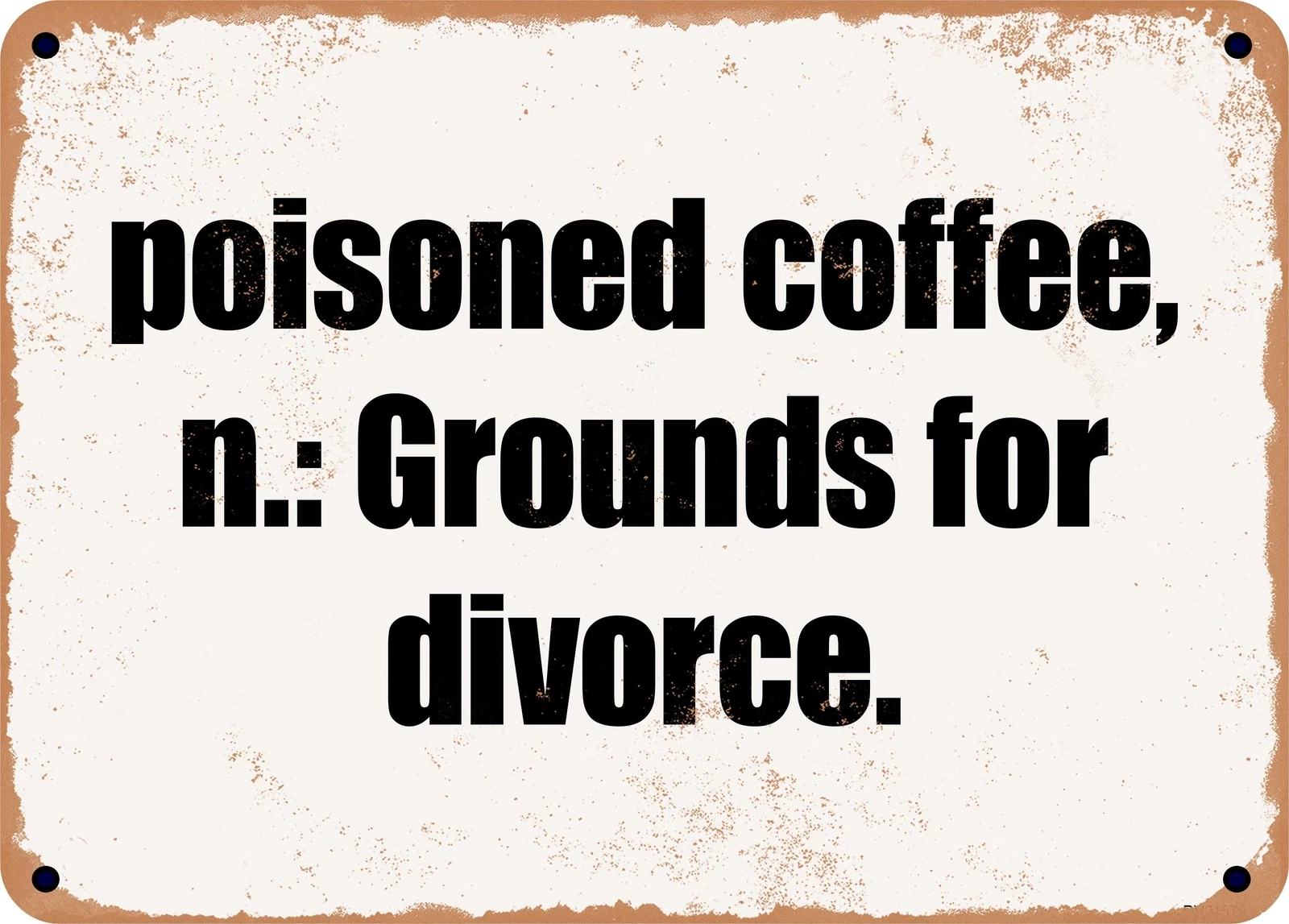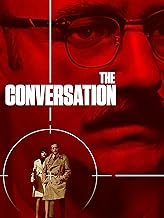
I can't find it online though, probably because it's considered racist to start a joke with "Confucius say…". I did find the punchline, though, on the sign at your right.
But what reminded me of the joke was this reminder from Jim Geraghty: Even Presidents Have to Obey the Law.
There are a bunch of times when the shrieking about an imperial presidency is overwrought, but in a couple of cases since taking office, President Trump has simply ignored the law. This never works out well for him, and he’s supposed to have a White House counsel’s office making sure that the administration follows the law.
Large bipartisan majorities in the House and Senate passed a law requiring that TikTok be sold or banned. President Biden signed it into law, and the Supreme Court upheld the law as constitutional. TikTok was scheduled to be banned in the U.S. on January 19, 2025, unless its parent company, ByteDance, divested its U.S. operations. This deadline was set by that law passed in 2024. TikTok is still owned by ByteDance. As our Jimmy Quinn laid out in detail more than two years ago, “ByteDance is a key player in the Chinese Communist Party’s military-industrial-surveillance system. . . . ByteDance is subject to all the influence, guidance and de facto control to which the Chinese Communist Party now subjects all PRC technology companies.”
This is not a close call, this is not a grey area, this is not debatable, and there is no wiggle room. Under the law, TikTok is supposed to be banned right now.
But it isn't. And that's not all. Jim goes on to detail that the administration is failing to send legally-appropriated education funding to states.
Not to be a Constitution nerd, but the Presidential oath of office demands incoming executives "faithfully execute" their official duties; and one of those duties is to "take Care that the Laws be faithfully executed".
So to adopt that old joke: "Confucius say: Presidential failure to ban TikTok is… grounds for impeachment."
Doesn't work quite as well as the original, sadly.
But do you need more grounds? Nick Catoggio has another, asking the musical question: To Bribe or Not to Bribe?.
Last night, Paramount agreed to settle a lawsuit filed by Trump under a Texas statute that prohibits certain forms of false advertising. The supposed “false advertising” in this case originated with an interview that 60 Minutes conducted with Vice President Kamala Harris last October. (The show airs on CBS, a subsidiary of Paramount.) One of her answers that made it to air was edited to make it more concise. CBS News claimed that was done because of time constraints; Trump claimed it amounted to deliberate “news distortion” designed to “deceive” the public into thinking that the Democratic candidate was more competent than she was.
Amazingly, this isn’t the only lawsuit Trump has filed seeking election-related damages in a state where he won by double digits in a national election he ultimately won comfortably.
His 60 Minutes claim would have been laughed out of any court in the country because the First Amendment grants publishers broad legal protection for their editorial decisions. Imagine what America would look like if news outlets faced jury trials and financial penalties every time they edited content in a way that arguably misled their audience. Populist media would be out of business in an hour.
In other words, Paramount had a slam-dunk defense—but chose to settle with Trump anyway for $16 million, most of which will go to his, ahem, presidential library. Coincidentally, Paramount also has a merger pending that requires the approval of his administration. Fight or flight: What would you have done if you needed to curry favor with a head of state who’s proudly vindictive and more than willing to abuse regulatory power to settle a personal grudge?
A number of internet pundits with whom I usually sympathize are gloating about Trump's "win" here. My guess is that they are letting their MSM-hatred overpower their distaste for bullying executive power used for personal gain and ego-massage.
And, not that it matters, when you just Google "poison coffee", there are a disturbingly large number of results from news sources, alleging actual or attempted murder plots against spouses over the years.
Also of note:
-
Just one little problem. Since we've been talking about the Constitution, this is a good place to register Pun Salad's agreement with Bradley A. Smith's thesis: Campaign Regulations Are Unconstitutional.
The Supreme Court has repeatedly stated that “the First Amendment has its fullest and most urgent application precisely to the conduct of campaigns for political office.” But it has declined to review, and in some cases affirmed, many campaign-finance laws that directly abridge First Amendment rights. Can the government legitimately exercise this power over our “fullest and most urgent” political speech?
The justices should ask these questions in National Republican Senatorial Committee v. Federal Election Commission, which they on Monday agreed to hear. The NRSC is challenging federal limits on how much a political party can spend in coordination with its own candidates—as if it were a bad thing for a party and its candidates to work together. The Sixth U.S. Circuit Court of Appeals, sitting en banc, reluctantly upheld the restrictions on the basis of a 2001 Supreme Court precedent, FEC v. Colorado Republican Federal Campaign Committee, (known as Colorado II) calling them a “legal last-man-standing.” But most of the judges strongly encouraged the high court to re-examine that precedent.
Since Colorado II, the legal and practical landscape of campaign finance has shifted dramatically. The Supreme Court, with increasing rigor, has held that only preventing quid pro quo corruption—the exchange of official acts for money—can justify restrictions on spending to finance political speech. Broader theories about “the amount of money in politics,” “undue influence” or “leveling the playing field” are no longer winning arguments. The several opinions in the Sixth Circuit reveal deep skepticism about the current regulatory regime.
But the problem goes deeper than the need to define “corruption” and balance it against the “urgency” of political speech. There is no constitutional basis for government to regulate political speech through campaign-finance laws.
I've noted in the past that it's apparently a strong wish among Democrats to "partially" repeal the First Amendment.
-
SCOTUS wimped out? George Will disapproves: The Supreme Court puts off restoring the Voting Rights Act’s shine. (WaPo gifted link)
Sixty years ago this summer, Congress enacted the nation-transforming Voting Rights Act. Soon, however, Congress and a deferential Supreme Court, by reverse alchemy, turned the gold of the VRA into the lead of today’s racial distribution of representation. Last Friday, the Supreme Court delayed, pending reargument next term, deciding a case that could reverse the VRA’s tarnishment.
On the final day of the 2024-2025 term, the court issued 404 pages of decisions, concurrences and dissents in six cases. Singularly important, however, were the six pages of Justice Clarence Thomas’s dissent from the court’s decision not to decide the case concerning the patent racial gerrymandering in Louisiana’s redistricting map.
Gerrymandering is pretty bad, racial gerrymandering is particularly odious. I am somewhat gratified that the WaPo's AI summary of the comments seems to agree!
As always, I recommend my crackpot scheme for fixing things, a form of "proportional representation".
-
Don't worry, there are a lot more seriously bad ideas in his head. Megan McArdle says: Zohran Mamdani has a seriously bad idea — for grocery stores. (WaPo gifted link)
It seems bizarre, in the year of our Lord 2025, to be debating whether the government should run the grocery stores. History has thoughtfully answered this question with multiple experiments, from the old Soviet Union to modern-day Venezuela. The answer is: “No! Absolutely not! Are you crazy?”
But here is Zohran Mamdani, the winner of New York’s Democratic mayoral primary, suggesting that the city needs a “public option” for groceries: five pilot stores, one in each borough, to help bring prices down and provide oases in the city’s “food deserts.” Forget the old-school communist talk about socializing the means of production — Mamdani wants to socialize the means of consumption.
So very well, let’s lay out the problems with this idea, starting with the fact that almost everyone in the city has a grocery store within walking distance, except for the inmates at Rikers Island and the residents of a few outlying neighborhoods in Queens. There’s no obvious market gap for the city to fill.
You will see (if you look) a lot of free-market types correctly pointing out that the grocery sector has very slim net profit margins; there's simply not much "consumer gouging" going on.
One exception seems to be Whole Foods Market; I read founder John Mackey's memoir a few weeks back, and he (softly) boasted about Whole Foods' very healthy margins. I think this means affluent folks don't mind getting gouged at the supermarket that much, if they can satisfy some psychological need in doing so.
| Recently on the book blog: |
| Recently on the movie blog: |


![[The Blogger]](/ps/images/barred.jpg)



